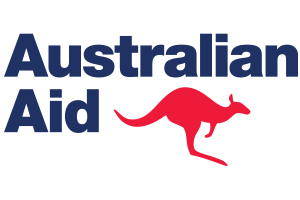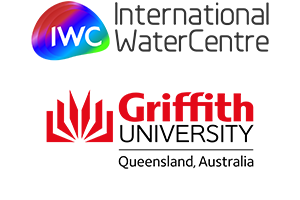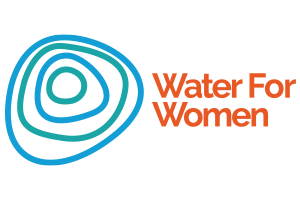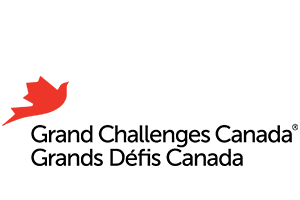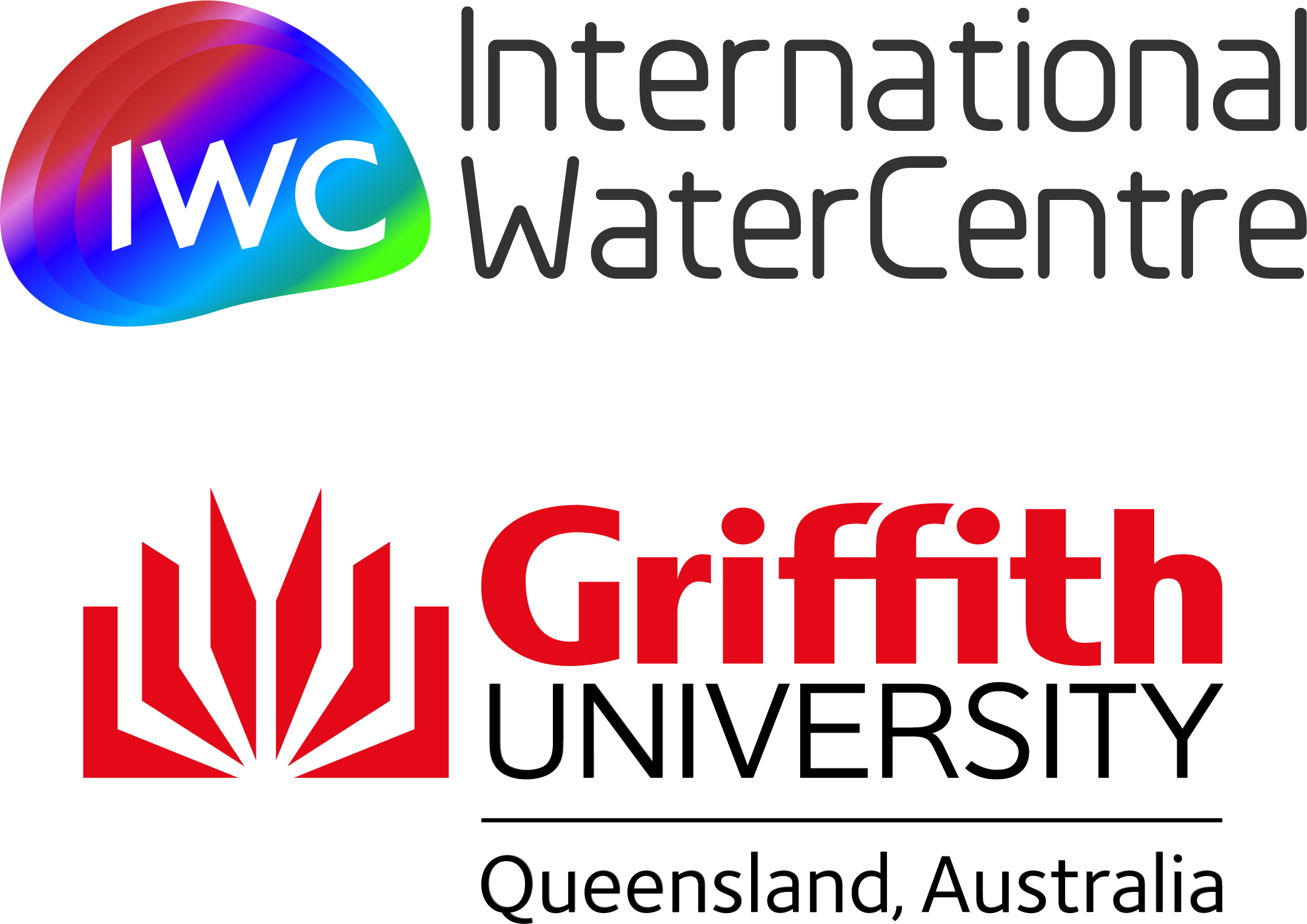As part of the WASH and COVID-19 Pandemic Online Symposium WaterAid Australia, UNICEF and partners, supported by the Water for Women Fund, are convening a workshop on COVID-19 and WASH systems strengthening.
WASH systems have been sorely tested during the COVID-19 pandemic. While there has been significant support for community handwashing and related interventions, many other areas of WASH have experienced significant pressure on services, setbacks in coordinated planning and considerable uncertainty.
To tackle this, WaterAid Australia and partners are convening a workshop that will explore experiences and reflect on what the WASH sector is learning about collaborative, systemic responses to the COVID-19 pandemic and the need for long-term, resilient services.
The workshop will provide an opportunity to exchange perspectives around building resilience to future shocks. Themes and questions to be explored include:
- Prioritization of WASH in health. Why and how should WASH, as a preventive health measure, remain a core focus within the health sector? Which aspects of WASH have received more or less attention as part of the broader response?
- The extent of the economic impact. Financing is a common bottle neck for WASH services. What has been the impact of the pandemic on people’s ability to afford services, and the prioritisation of WASH within the limited funding available for social services?
- Collaborations. Non-traditional stakeholders, such as media and religious groups, have played a prominent role in the overall COVID-19 response. What role do they have to play in the WASH system in the long-term? How can collaborations best include and engage with community and grassroots organisations that represent those on the frontline, the poorest and most marginalised? What bottlenecks have emerged?
- Organisational structures and localisation. People have faced significant challenges related to access and mobility which has led to greater localisation of WASH activities. What does effective governance look like in this context? How do diverse, geographically dispersed partners maintain clarity on roles and responsibilities?
- Capacity building. What can we learn from the ways the sector has built capacity, for example, with behaviour change campaigns and ways of working using technology?
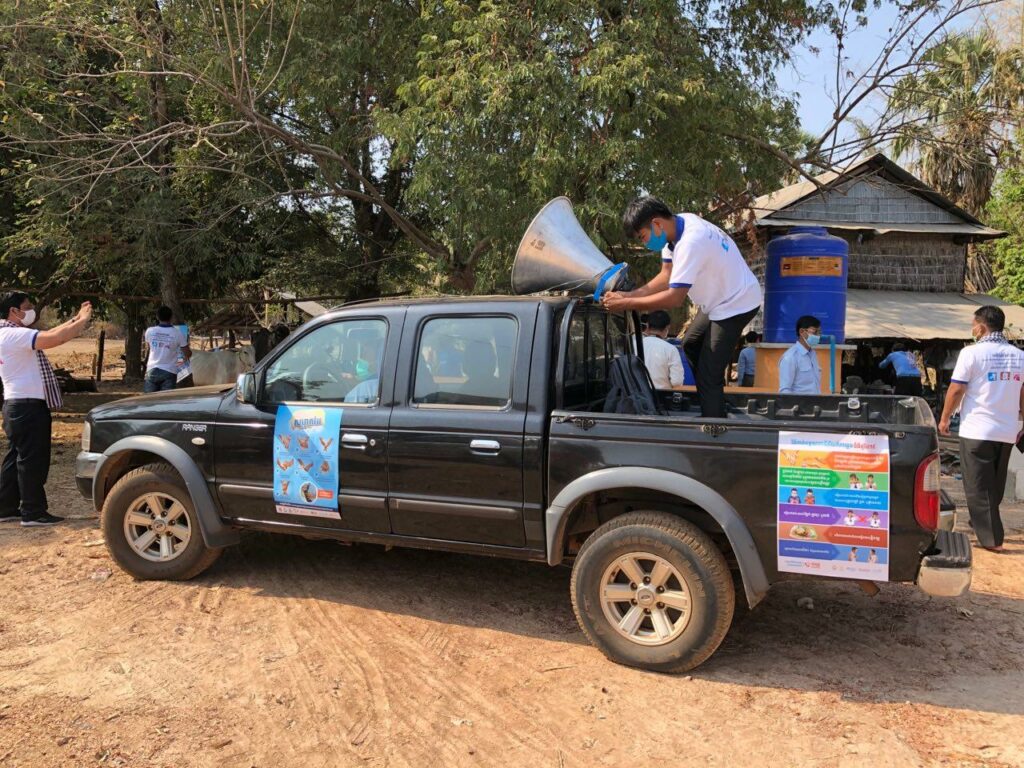
Photo Credit – WaterAid/Phat Phom.
WaterAid, as a convenor of the workshop, will share their experiences on navigating the COVID-19 crisis and WASH response, and ideas for building resilience.
For example, WaterAid Australia’s David Shaw observes that the pandemic necessitated an unprecedented, rapid organisational response. WaterAid created a “Technical Advisory Group” to prepare guidance notes and support country programs with technical advice on WASH and sector collaboration. There was an initial sense of urgency in the response to focus on hygiene awareness raising and access the handwashing facilities. WaterAid and its WASH partners then advocated to engage partners on collaboration and coordinating efforts for sustainable services and longer-term goals.
“In Papua New Guinea (PNG) and Cambodia, sector coordination was critical to support response efforts directed towards promoting hygiene messages,” David explains. “Working with existing coordination mechanisms helped organise and harmonise response efforts with different organisations and across different locations. ”
WaterAid’s Fraser Goff emphasises the importance of pre-planning and coordination to support crisis response, giving the example of the WASH coordinating group in Wewak in PNG. “The coordinating group had just completed their WASH plan when the pandemic hit. The group used the plan to engage with government, local women’s groups and civil society. They were able to rapidly organise trainings around key messages and coordinate efforts to get critical messages into the community.”
The UNICEF East Asia and Pacific Regional Office will also share their experience with positive examples of collaboration and also challenges faced during lockdown periods, such as, a lack of internet connection and computers which made coordination difficult.
“In Indonesia it was amazing to see how government at various levels and civil society came together to increase access to handwashing with soap and increase awareness for positive hygiene behaviours across all critical settings such as schools, health care centres, communities, workplaces and public places such as markets, transportation hubs and religious places. We saw a well-coordinated and unprecedented call to action from ten ministers” said Evariste Kouassi-Komlan, Regional Adviser for Water, Sanitation and Hygiene at UNICEF.
The COVID-19 and WASH systems strengthening workshop will be held from 17:00-18:30 AEST on Wednesday 21 April 2021.
For more information click here.
The virtual symposium WASH & the COVID-19 Pandemic: Responses for recovery and resilience is a knowledge-sharing event of Water and WASH Futures. Water and WASH Futures is a partnership activity of the Australian Aid program and International WaterCentre; this symposium is delivered with the partnership of Water for Women Fund and Grand Challenges Canada. For more information, visit washfutures.com
